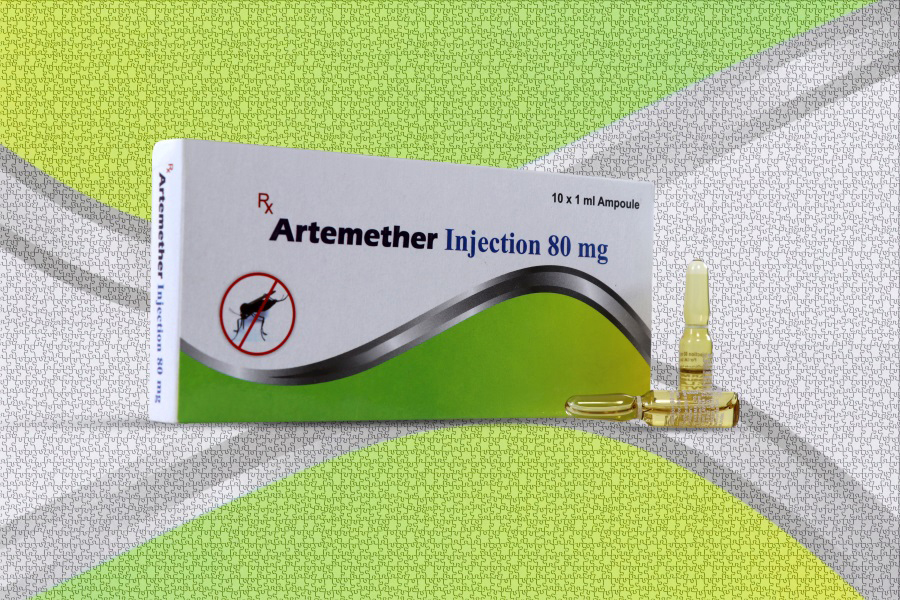With insulin for over 150 children living with Type 1 diabetes currently running low and a larger order of pharmaceuticals not yet tendered for, the Ministry of Health has issued an emergency call for the supply of a number of drugs.
Insulin is the major item on the list of needs. The estimated cost for the pharmaceuticals was not stated but the Ministry of Health said that the tender falls into the $15m and above category. Tenders above $15m require public tendering, according to the Procurement Act.
Some 39,224 vials of Insulin Lente (zinc) in 100IU/ML or 10ml amounts are needed along with 10628 vials of the 70/30 insulin in 10ml amounts, the tender document for the supply of 43 drugs states.
Also needed is the malaria drug, Artemether, in three different doses.
Minister of Health Dr Frank Anthony told the Sunday Stabroek that the pharmaceuticals are being sought to “bridge the gap” for especially children, until the larger tenders are advertised and distributed.
“We have 152 children who require insulin Type 1 without which they have problems and risk of death. Those children we are low (on supplies) and we are doing this emergency order for that. We have a bigger order to bridge this gap, but we don’t want to run out that is why we went to tender for the emergency supplies,” he said.
“This is precautionary, until the larger order…,” he added, while explaining that the ministry does not want to risk not having adequate amounts of medication.
The tender for the supply and delivery of the pharmaceuticals was advertised in last week’s newspapers and the tenders for the contract will be opened on Tuesday 18th April, 2023 at the National Procurement and Tender Administration Board.
Companies have to deliver the drugs immediately or within 30 days of the commencement order.
The list of pharmaceuticals include: carvedilol, ephedrine tablets, lantanprost eye drops, levothyroxine, novalgin, oxybutynin, amoxicillin injections, rifampicin, propofol injections and diclofenac eye drops, among other drugs.
Permanent Secretary at the Ministry of Health, Malcom Watkins told the Parliamentary Public Accounts Committee on June 13 last year that since he assumed the role of Permanent Secretary at the ministry, work has been ongoing to update the system to ensure better accounting at the Materials Management Unit (MMU) in Diamond.
The Health Ministry has been plagued for years with inventory management problems and governments have routinely promised improvements to no avail.
Watkins attributed the longstanding issue of storage management at the ministry to indiscipline among some of the employees.
“What we have done now is increase the period and cycle of counting. We have asked all supervisors to count a quota every day and report it out more frequently. Hopefully that will help us to see some improvements…we have also implemented some policies to help us in restructuring to have a better management structure. We have seen already significant improvement but it is still not perfect and we have a long way to go,” Watkins explained to the committee on measures taken to improve the management of materials. He explained that a sectional inventory was updated and the Management Accounting Computerised (MAC) inventory is almost 90% updated.
While two staffers were tasked with updating the system in the past, he noted that additional staff have been assigned to speed up the process in updating their inventory.
In his 2017 report, the Auditor General said the Ministry continued to be in breach of Section 24 of the Stores Regulations. The ministry failed to keep and maintain a Master Inventory to document all assets. As a result, they were unable to accurately verify whether all assets were brought to account. The report went on to say that a list of 185 expired items was generated from the MAC Software system as at December 2017. While 139 items were valued at $108.5M, forty-six items had no value attached to them, due to the absence of pricing information from the Warehouse Management System.






